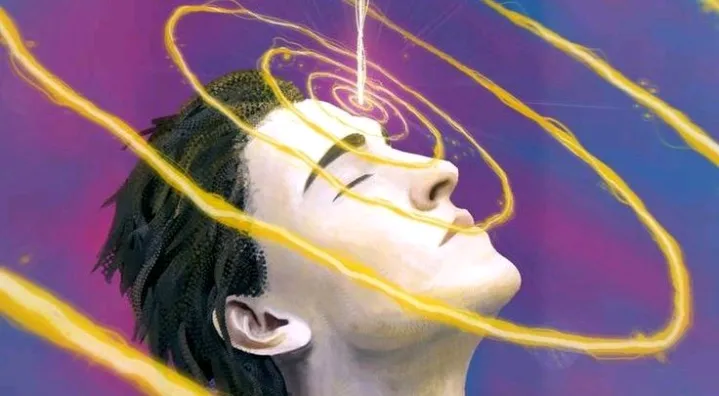Ego & Self awareness
Ego is a complex psychological construct that plays a major role in shaping our lives and relationships around us. Ego can lead a person to negative consequences, such as arrogance, selfishness and defensiveness over wrong behaviors that can lead you to dangerous and unhappy situations in life.
Self-awareness is the ability to understand and recognize our thoughts, emotions, and behaviors, as well as their impact on ourselves and on others that are around us. Self-awareness is a critical aspect of personal and professional growth, as it allows individuals to better understand themselves which allows them to make informed decisions, and lead more fulfilling lives in this eco system.
Hence, being self-aware of our ego and ego triggers is an essential aspect of personal growth and development.
Let's see what we can do about our ego problems in the most simple way.
1. Identify your ego triggers
An ego trigger is any situation that triggers your ego and causes you to react in a defensive or selfish manner. These triggers can vary from person to person, but some common examples include criticism, rejection, comparison, and control etc.
Criticism:
When someone criticizes our work or behavior, it can trigger our ego and immediately make us wanna talk back in a defensive manner. We tend to dismiss the fact that we are only getting a feedback as a criticism. We try to insult or disrespect the person immediately as a defense mechanism.
Rejection:
When someone rejects us, whether it's in a personal or professional context, it can trigger our ego and make us feel insecure, unworthy, or used. We immediately go into defence mode and start...
Self-awareness is the ability to understand and recognize our thoughts, emotions, and behaviors, as well as their impact on ourselves and on others that are around us. Self-awareness is a critical aspect of personal and professional growth, as it allows individuals to better understand themselves which allows them to make informed decisions, and lead more fulfilling lives in this eco system.
Hence, being self-aware of our ego and ego triggers is an essential aspect of personal growth and development.
Let's see what we can do about our ego problems in the most simple way.
1. Identify your ego triggers
An ego trigger is any situation that triggers your ego and causes you to react in a defensive or selfish manner. These triggers can vary from person to person, but some common examples include criticism, rejection, comparison, and control etc.
Criticism:
When someone criticizes our work or behavior, it can trigger our ego and immediately make us wanna talk back in a defensive manner. We tend to dismiss the fact that we are only getting a feedback as a criticism. We try to insult or disrespect the person immediately as a defense mechanism.
Rejection:
When someone rejects us, whether it's in a personal or professional context, it can trigger our ego and make us feel insecure, unworthy, or used. We immediately go into defence mode and start...



